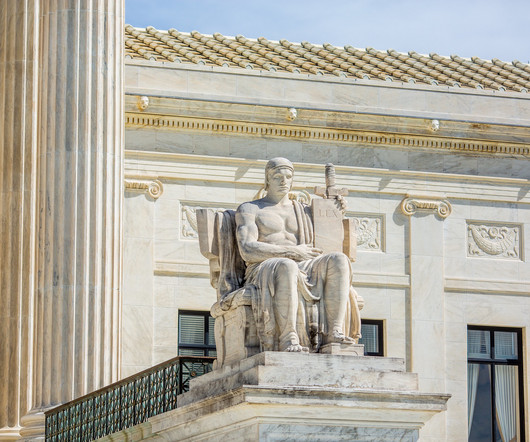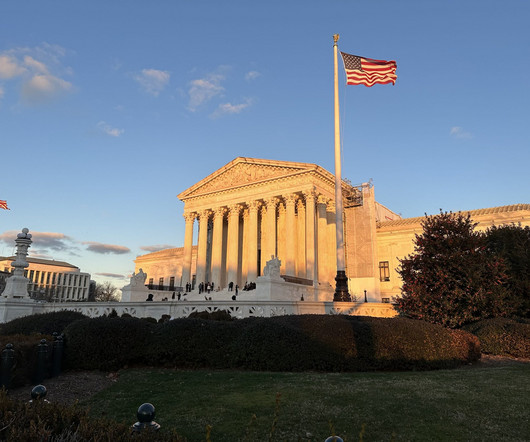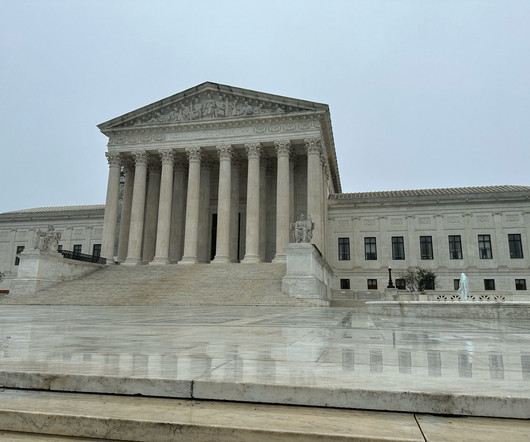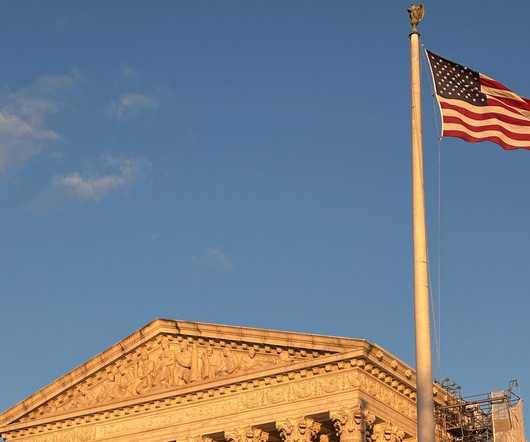New York sues New Jersey over compact governing Port of New York and New Jersey
SCOTUSBlog
APRIL 2, 2022
Share This week we highlight cert petitions (and one original action ) that ask the Supreme Court to consider, among other things, whether New Jersey can withdraw from its Waterfront Commission Compact with New York concerning governance and law enforcement over the Port of New York and New Jersey. In New York v.

















Let's personalize your content